The Pacific Standard office does not possess a water cooler per se, but it does have a very respectable 10-cup coffee maker. And a water dispenser attached to the fridge. And an electric kettle. So believe us when we say that we here at the magazine sympathize with the plight currently facing offices nationwide: No one is watching the same television shows anymore.
That’s not all bad, of course. Conversation about TV now center on recommendations of the most mint offerings among the many spoils, rather than analysis of plot minutia; when it turns out your co-worker seated far across the office is also watching that bougie new Sarah Jessica Parker show on HBO, you briefly share a precious bond (if you’re doing the thing properly, a Slack DM too) that no one and nothing can break—except, perhaps, Insecure, Masters of None, Love, or Casual; inevitably, one of the pair will cast wandering eyes in another show’s direction. The social pleasures of Golden Age TV are passionate and intensely felt, if ultimately fleeting.
On the greater upside, there are so many great titles to recommend. Here are the favorites from this office—from this year and previous ones. May they bring you knowledge, entertainment, and new office buddies.
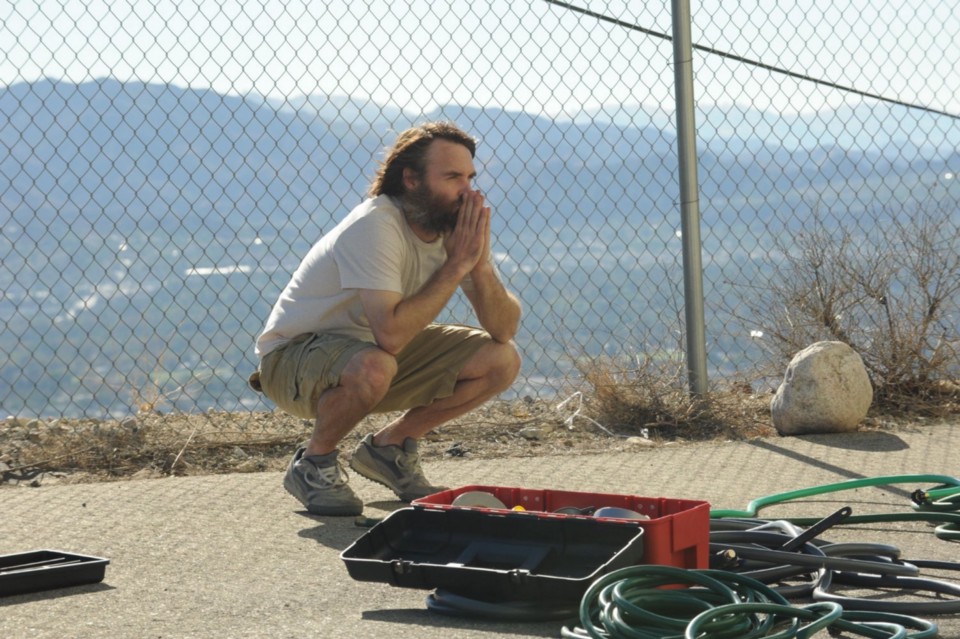
Few could have predicted Will Forte’s post-apocalyptic comedy about the few survivors left on Earth following a mysterious virus would actually have any substance. After all, this is a show from the guy whose most enduring Saturday Night Live punchline was that his character couldn’t keep from dying at the end of every skit. Yet here we are: Forte has somehow created arguably the weirdest, most audacious show on network TV.
The Last Man on Earth walks a very fine line: it’s at once smart and dumb, serious and goofy. Though I’m a fan of Forte’s character, Phil Miller (who, even without a deadly virus, might have been the dumbest man on Earth), it’s the rest of the cast—especially Kristen Schaal’s wackadoodle-turned-love interest, Carol,andMel Rodriguez as the perpetual altruist, Todd—who really make the show great. —Max Ufberg, news editor
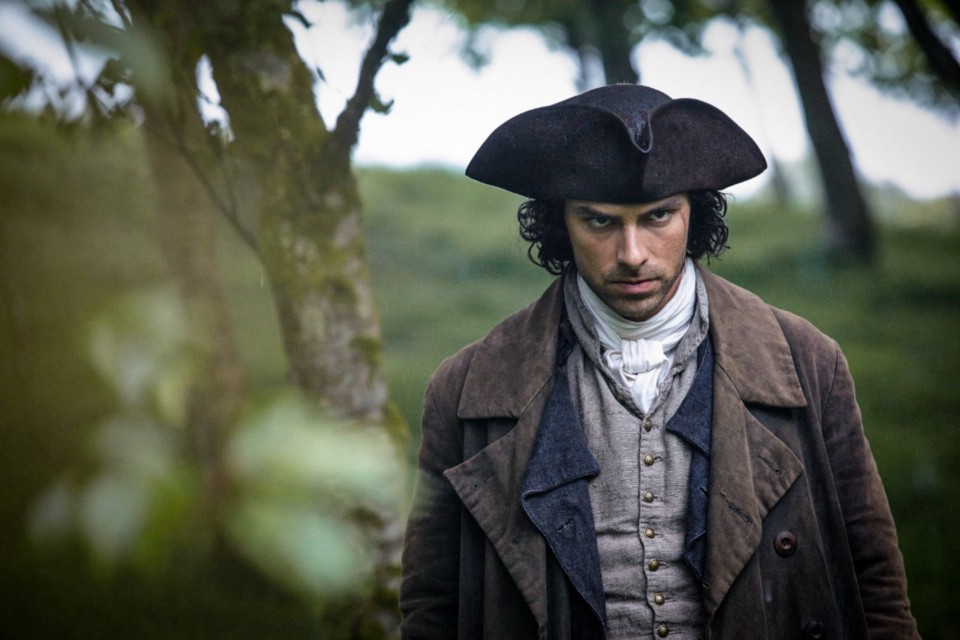
I’ll admit: a good deal of fantastic TV in 2016 resonated with me because I’m a typically myopic Millennial streamer that likes seeing my own experience filtered through a fictional lens. And then there is Masterpiece’s reboot of Poldark—which is appealing precisely because it is a soap opera about a fallen aristocrat opening a mine and shocking society by marrying his maid in Cornwall, England. It is a 190-proof shot of escapism.
There are some modern-day parallels, if you care about those things. Cornwall’s financial difficulties could be compared with post-Recession America and England; the clueless ruling class is basically everything that Occupy Wall Street protested a few years ago. But come for star Aidan Turner’s always-furrowed, attractive brow and tendency to rip off his shirt to scythe the fields; the strong female characters ranging from ladies to, yes, “hussies”; and eminently quotable Cockney servant dialogue—and stay for the rest. Poldark is a strapping male hero who says he cares about the common man and both means it and acts on it; in 2016, this was the ultimate reassuring fantasy.
Runners-Up: Stranger Things, Insecure, Halt and Catch Fire —Katie Kilkenny, associate editor
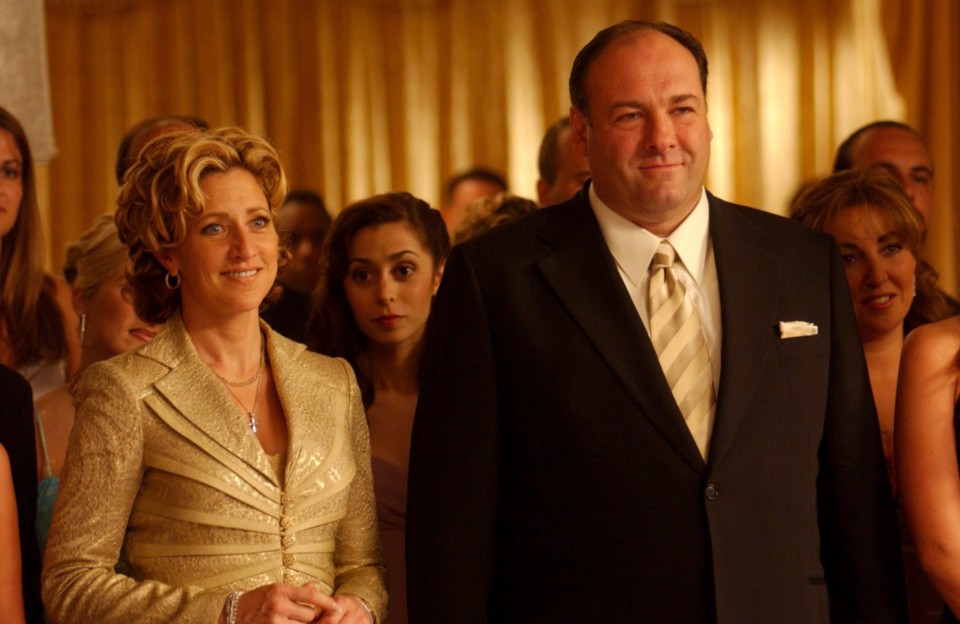
Yes, there was many a show that rose like a majestic phoenix out of the dumpster fire that was 2016 (Stranger Things and Westworld among them). But the beauty of 2016 is that we’re still in that streaming sweet spot—before cities begin taxing streaming services like utilities, and Netflix et al. crack down on password sharing, when you can still use your ex-co-worker’s mom’s HBO GO account to watch shows from networks that your parents’ basic cable packages did not include when they were still on the air. And so I suggest you take advantage of that fact to binge watch The Sopranos with me, because, let me tell you, it holds up.
Original commentaries on the series still ring true—it’s a blend of narrative realism and cinematic surrealism that forever altered the course of storytelling on TV. Tony Soprano was and always will be the OG anti-hero, the Jersey crime boss with an enviable bathrobe collection, weathering a midlife crisis, whose frustrations bubbled over into James Gandolfini’s real life. Yada yada yada. But now, The Sopranos is also a period piece, reminiscent of a historical era that most of us still remember, when bangs were great, voluminous arches; acrylic tips were french; and entire wardrobes could be composed of crushed velvet and/or animal print. — Kate Wheeling, staff writer
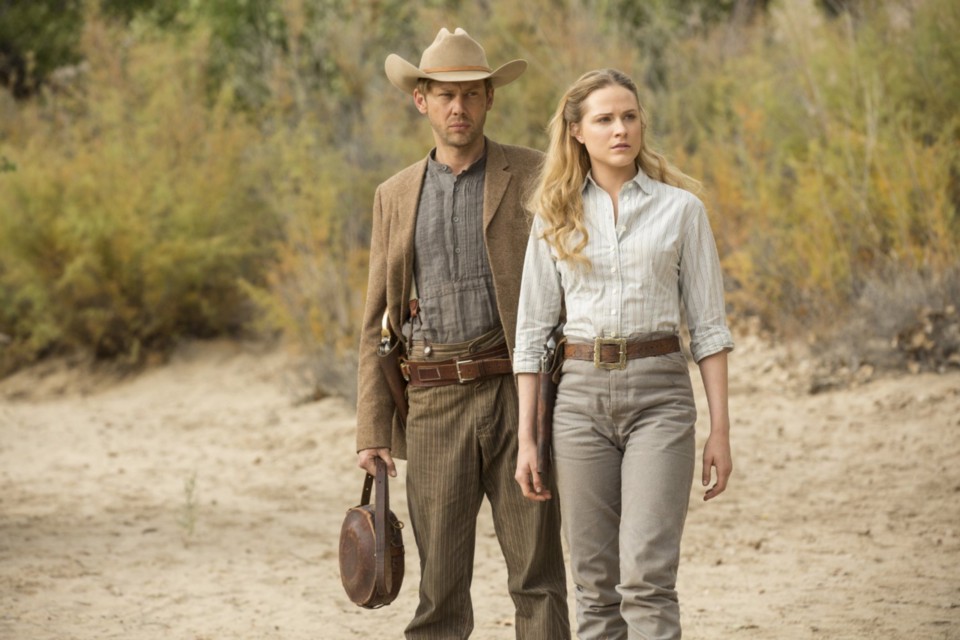
It’s been called the Lost of 2016. I don’t know if that’s a fair comparison. Like Lost, Westworld, at least upon first viewing, has what appears to be a similarly complicated plot and, like the maze at the heart of the show’s dystopian theme park, where guests can act out any and all fantasies, takes the form of a puzzle to be solved by viewers. But Westworld doesn’t introduce elements—like polar bears on a tropical island or smoke monsters—just to throw you off. In fact, once the show’s plot twists reveal themselves, you might think yourself foolish for not spotting them much sooner. They’re all there, in black and white, like the cowboy hats new guests to the park are invited to choose from.
Whether you consider this show the spiritual cousin to Lost, that show’s natural successor, or something else entirely, I haven’t seen much TV in the decade-plus since J.J. Abrams’ ABC epic first premiered that’s so consistently smart and visually compelling. Go ahead and read the reviews and the recaps; even if this show is “spoiled” for you before you settle into the first minute, there’s a lot to be gained from watching it. You’ll stop asking yourself what is going to happen next and start asking yourself why it happens, and what it all means.
Runners-Up: Stranger Things, The People v. O.J. Simpson, Game of Thrones —Nicholas Jackson, editor-in-chief
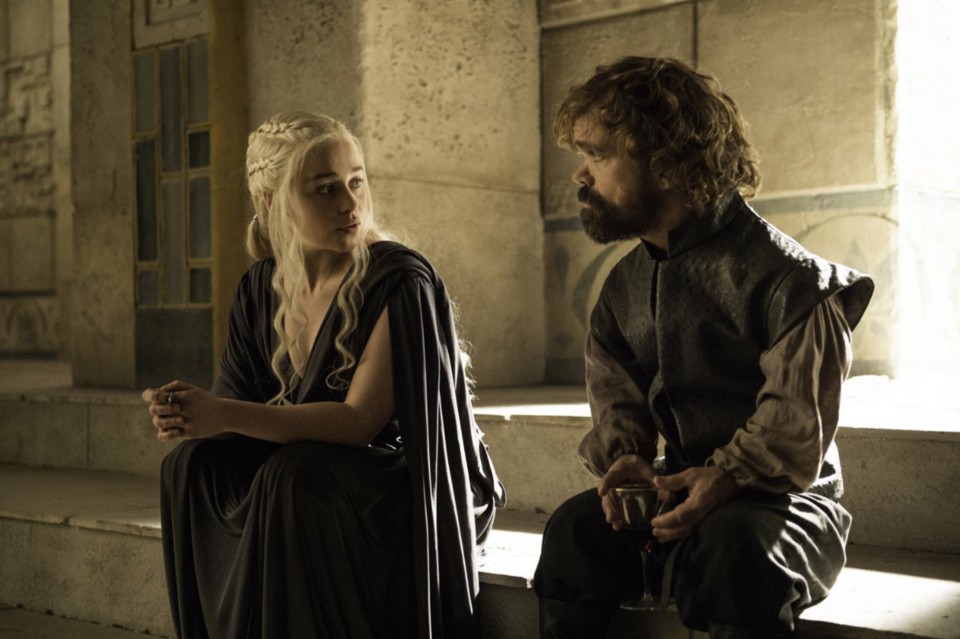
The Entire Backlog of Game of Thrones, Watched Over a Period of Two Months and Completed Just in Time for the Sixth Season
You learn a lot of things when you marathon five seasons of premium-cable tits-and-necromancy, including the sigils of the noble families of the Seven Kingdoms and the proper way to win a duel in the Vale of Arryn. This knowledge is not super-useful, but the tits and necromancy come at a steady clip, and the cellos in the main theme are pretty cool, so you press on, even though you get angry when you learn how the names are spelled. You wonder, “Do people ever get tired of watching hate-sex?” You recognize that the answer is no. Your viewing progress accelerates around the beginning of season three, especially once you start letting Game of Thrones play in the background while you’re doing housework or filing your taxes or sitting on the phone queue with your health-care provider. Eventually you leave it on constantly, until one day you’re on the phone with your mother and she asks you what that cello music is in the background, and you feign confusion and change the subject, which gives you time to hit mute and turn on the subtitles. Succumbing to a fierce momentum, you tear through the later seasons without particular joy but also without remorse, like Tyrion through a brothel or Daenarys through Slavers’ Bay, and by the time the sixth season premieres, you have earned the right to participate in your co-workers’ Monday-morning ruminations about whether Varys is a merman. This is not a question that particularly interests you, and frankly you were hoping Jon Snow would stay dead, but here we are. —Ted Scheinman, senior editor
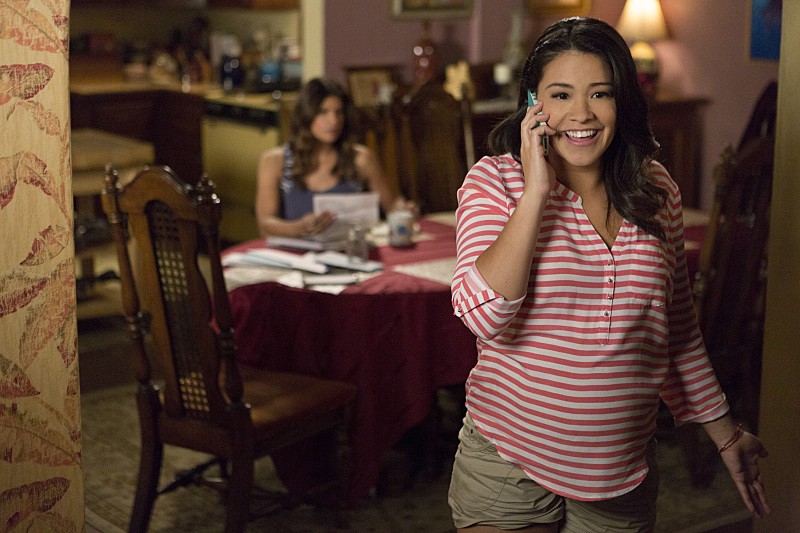
Listen, y’all: I had little interest in somber TV this year. Whether I had just finished a long day at work, or was otherwise adjusting to life in a city with too few Dunkin’ Donuts, I had no interest in the sci-fi intrigue of Stranger Things and Westworld, nor in the social realities of The People v. O.J. Simpson. No, I wanted to come home and watch Jane the Virgin. I wanted Gina Rodriguez in the title role as a warm, unapologetic boss woman whose Type-A tendencies blow up in her face; I wanted telenovela-style voiceover and plotting, complete with a villain removing an identity mask; and I wanted a frank depiction of a woman’s virginity that neither fetishizes it nor weights it with tragedy. Atop my wish list for 2017: More Jane, please. —Elena Gooray, associate editor




